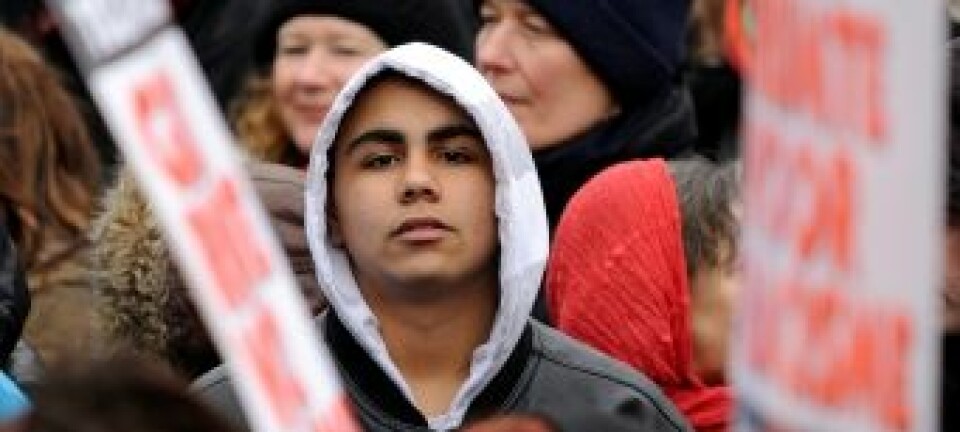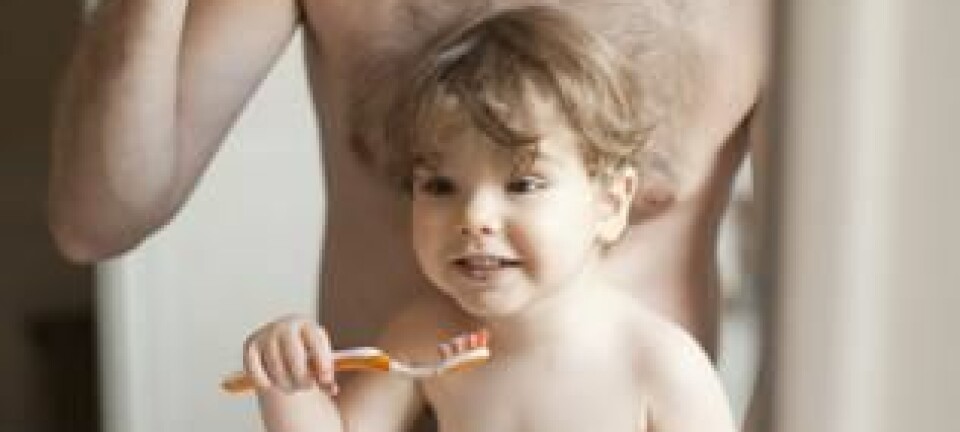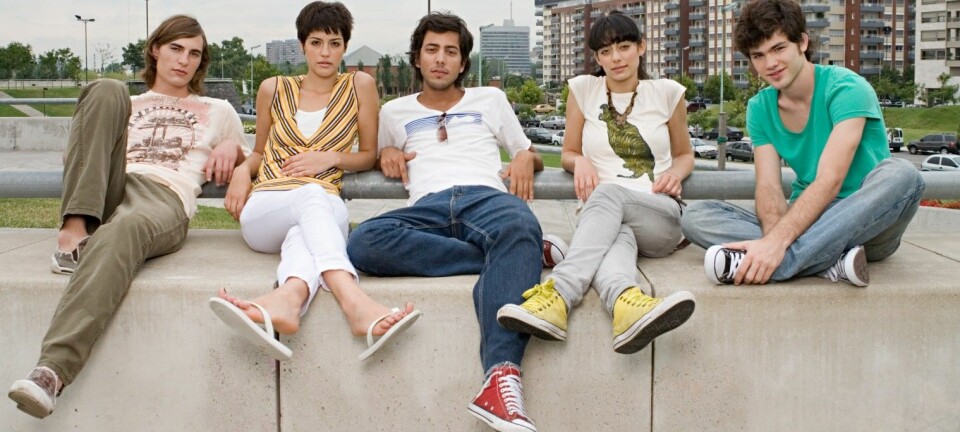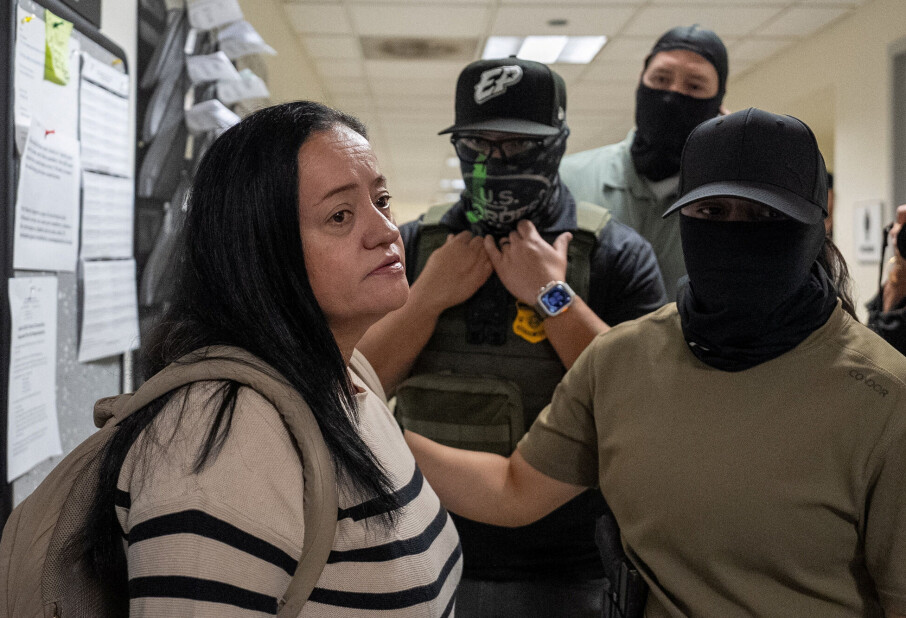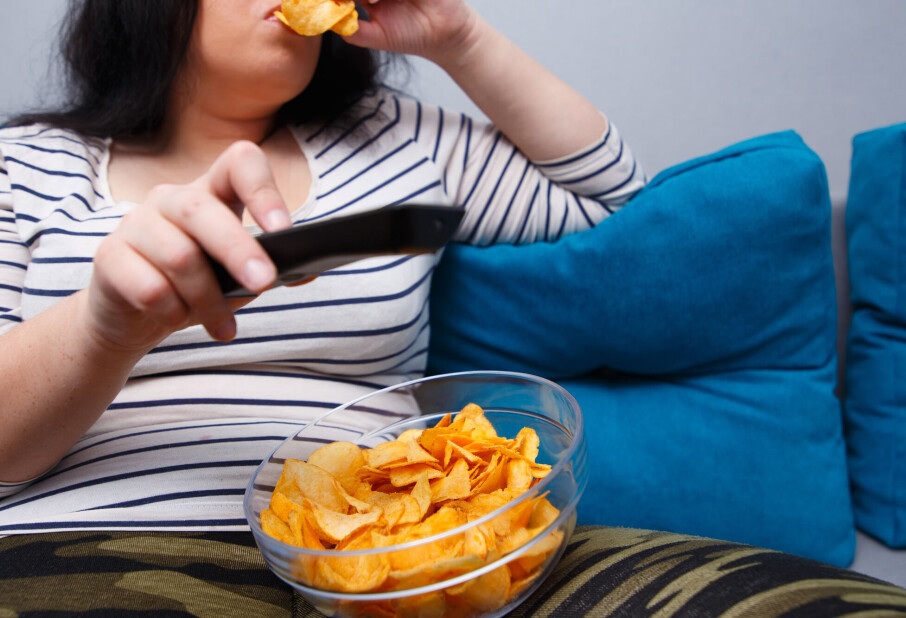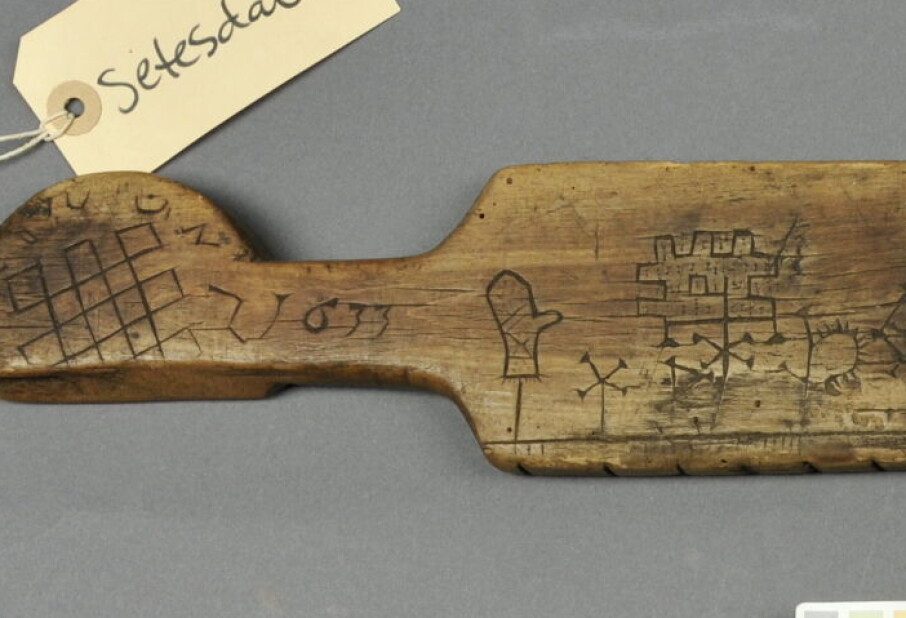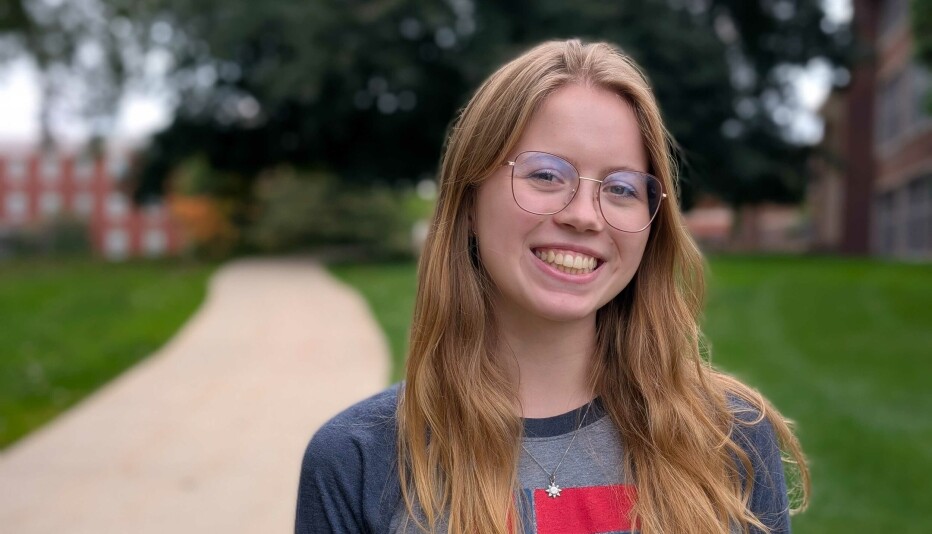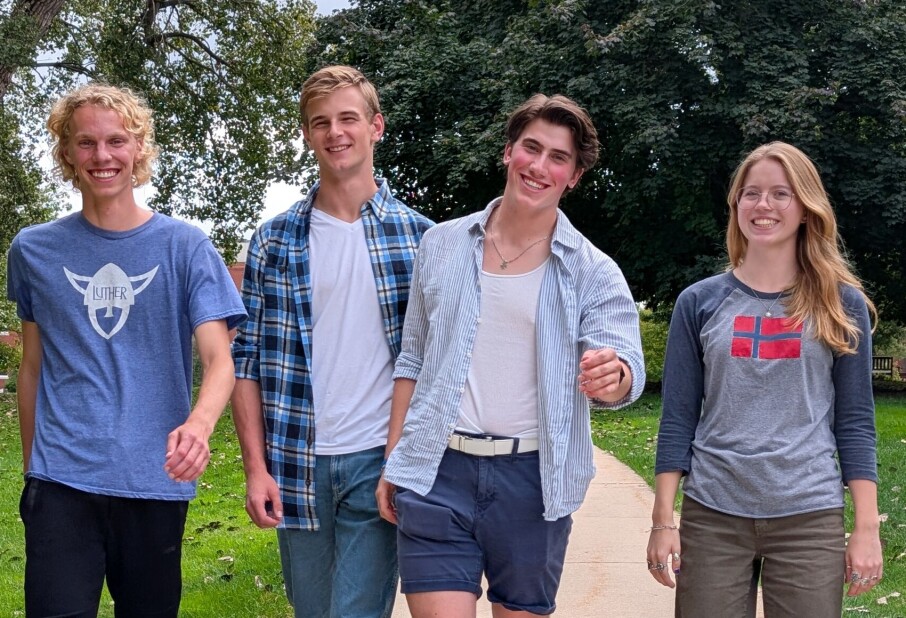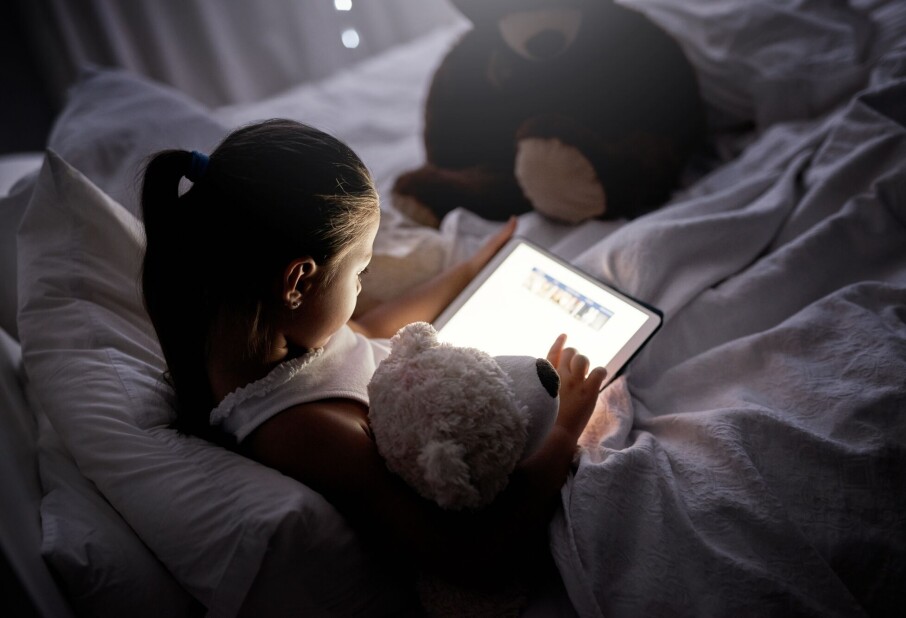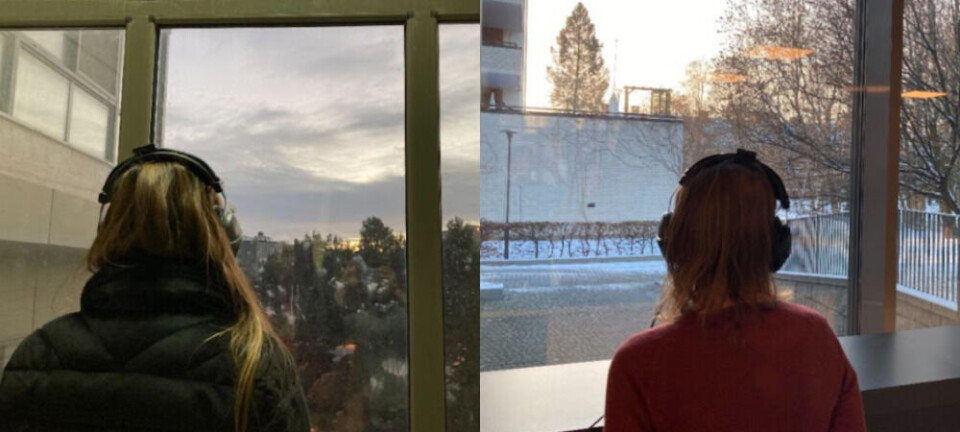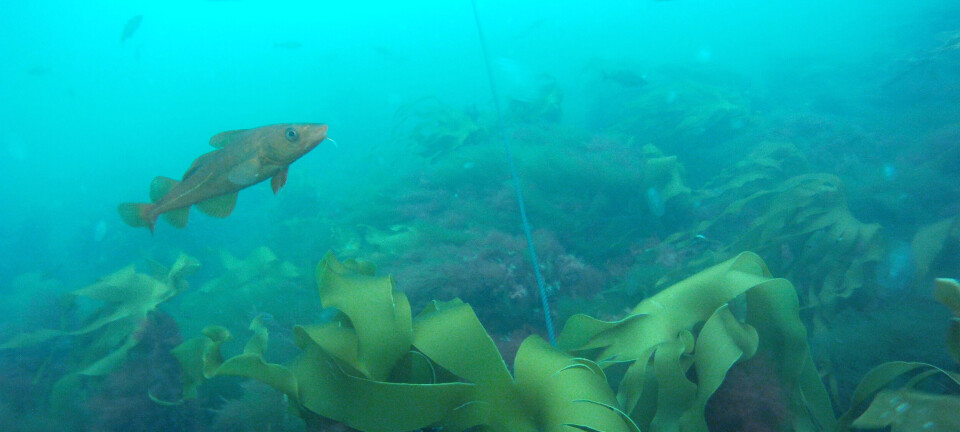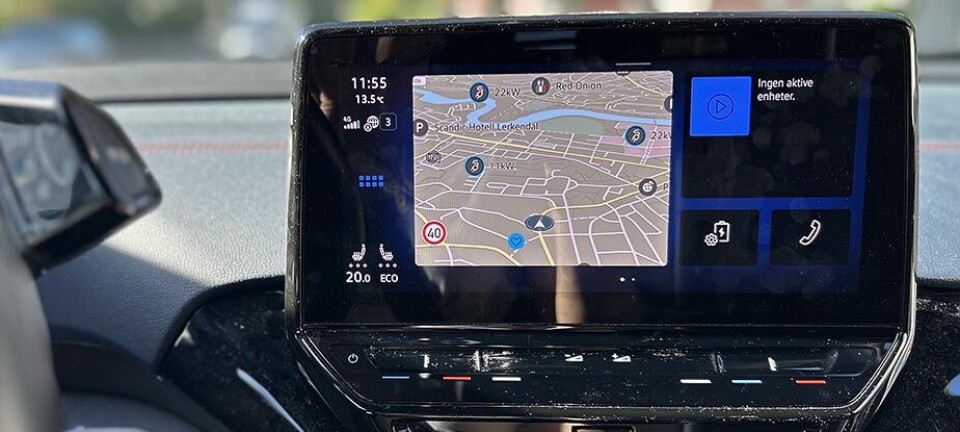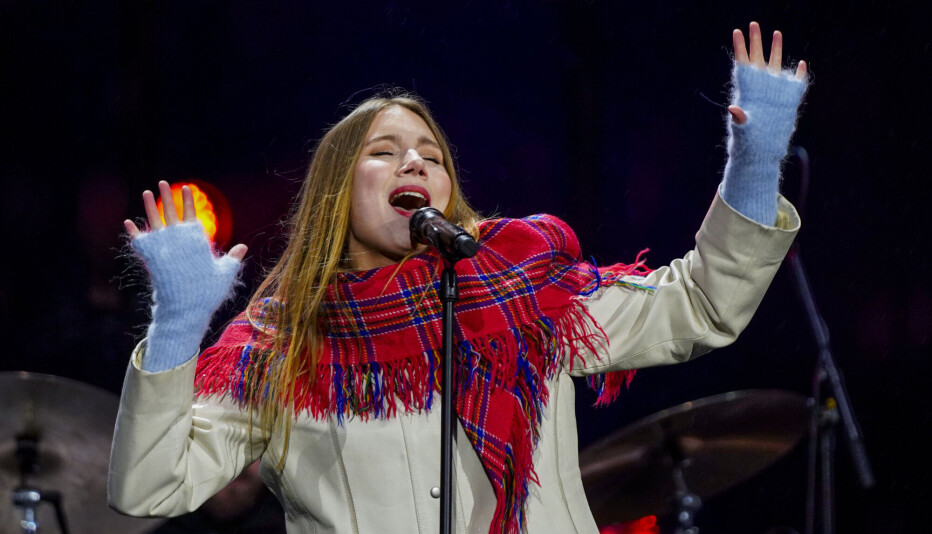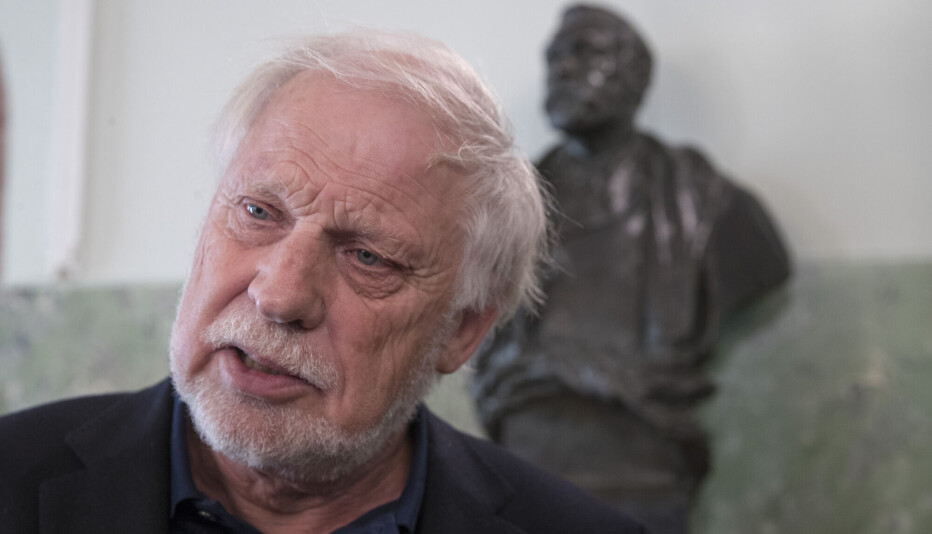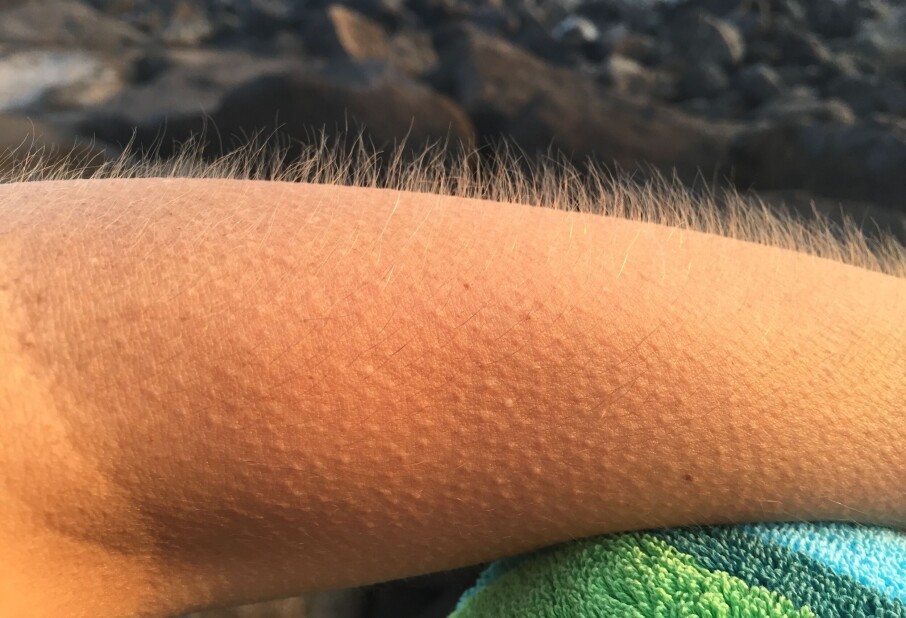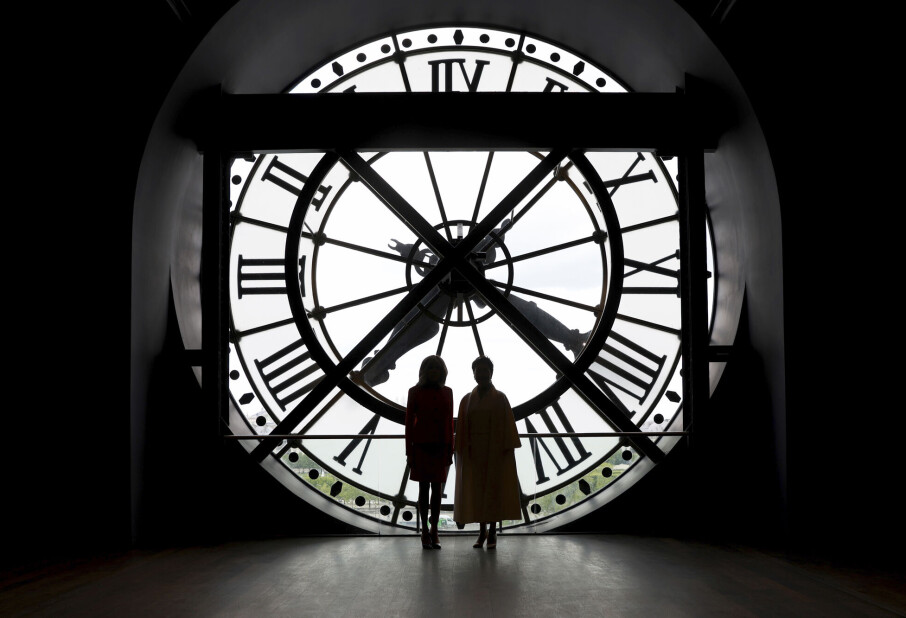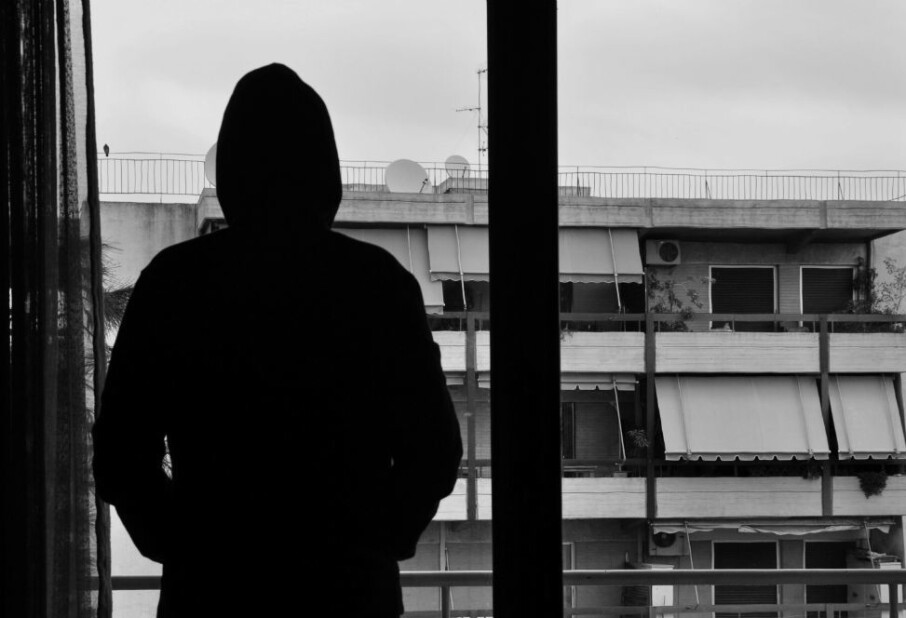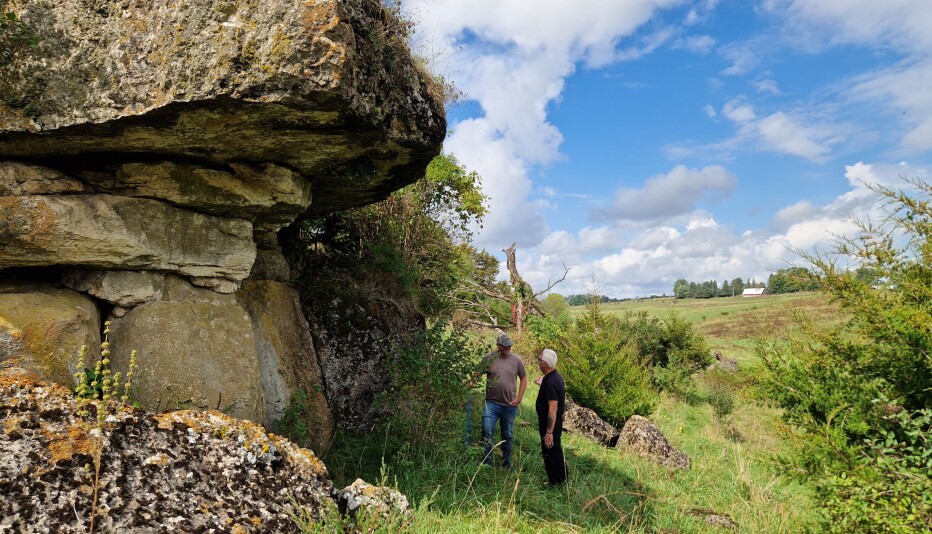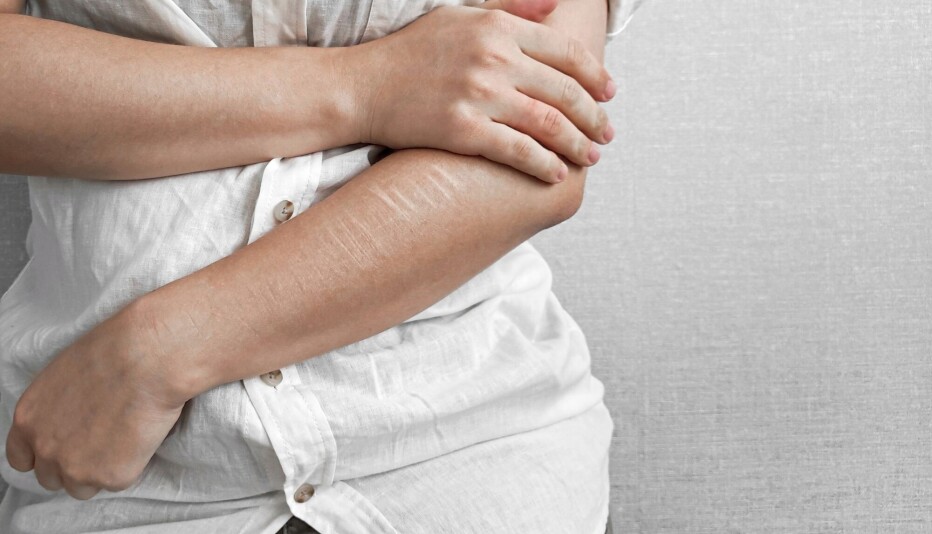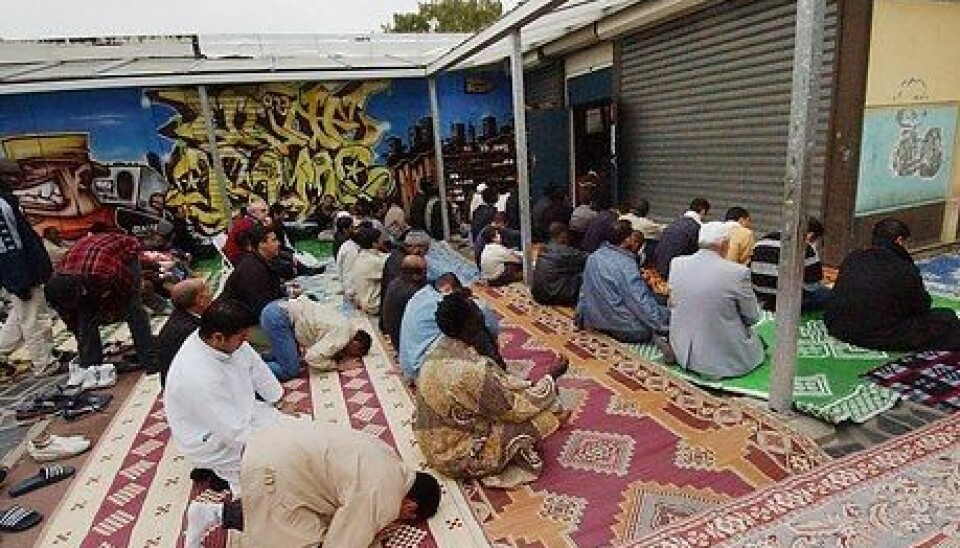
Young Muslims in Oslo: From riots to responsibility
Muslim youth were singled out as the instigators of street riots in Oslo four years ago, but most of them were strongly against the use of violence. The riots brought new voices to the public debate on integration.
Denne artikkelen er over ti år gammel og kan inneholde utdatert informasjon.
Molotov cocktails in the air are a rare sight in Oslo, but in late 2008 and early 2009 there were a few of them as things got out of hand in a tense period of protests against the Israeli invasion of Gaza.
Windows in several McDonald's restaurants were smashed after rumours claimed that the income of the fast-food chain on a particular day would be sent to Israel. Rocks were hurled at police and alleged pro-Israelis. Police in full riot gear responded with tear gas.
Almost 200 people were arrested in the riots, but less than ten were charged and the rioters were largely outnumbered by peaceful protesters. Yet, it was an unusually tense period for a city that is generally tranquil.
A political awakening
Many young men and women of Arab origin were involved in the protests, and they were singled out as the instigators by Norwegian media. Researchers Christine Jacobsen and Mette Andersson at the University of Bergen were conducting in-depth interviews with young Muslims when the protests broke out.
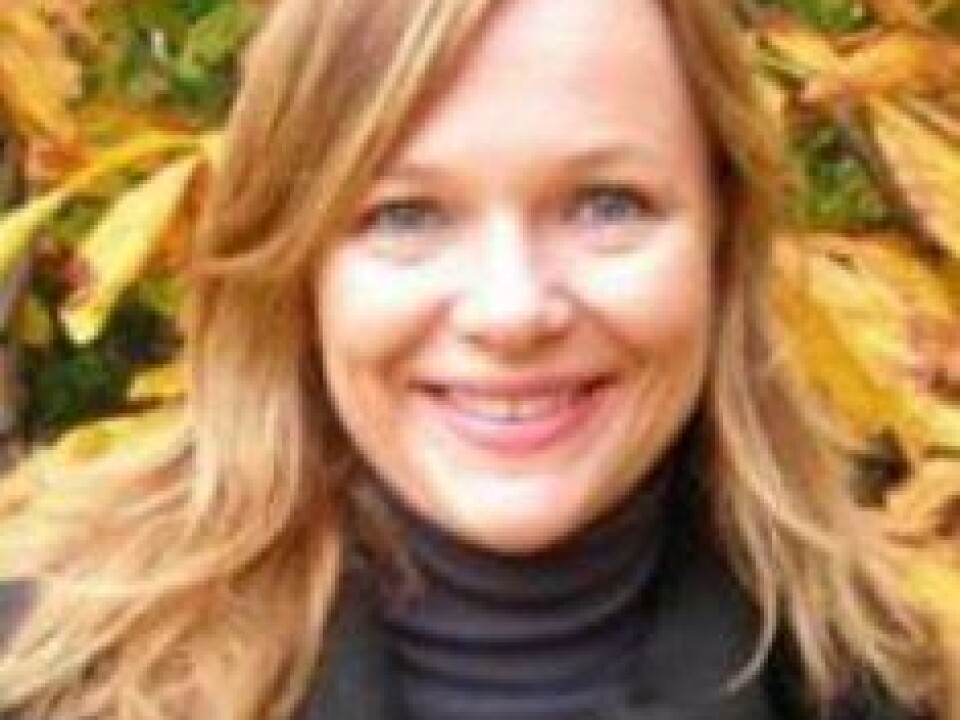
“This was an incident that triggered mobilisation and involvement and gave minority youth a public voice,” says Jacobsen.
She looked at their motives for participating in the protests and also how the media coverage influenced their behaviour. For many of them, the protests were a political awakening.
“They went from having an unarticulated frustration about their place in Norwegian society to being part of discussions and debates in which they could publicly express themselves,” she says.
“But we also spoke with youths who had thrown rocks at the police and later regretted it,” she says.
Violence was condemned
The invasion of Gaza was by many seen as an attack on the global Muslim community. Young Muslims in Norway took to the streets to express their solidarity with the Palestinians and to express their anger with Israel and its allies.
The violence that occurred and how this was covered by the media had a strong effect on how the Muslim protesters reflected on their own actions.
“The violence changed the context,” says Jacobsen. "All of a sudden the focus shifted to how their behaviour affected the image of Islam and Muslims in Norway.”
Many members of the global Muslim community tried to limit the damage caused by the violence.
“There were public debates in which violence was condemned, and the message from the mosques was that good Muslims don't take part in violent protests,” says Jacobsen. “There was a near consensus that violence was bad.”
Layers of frustration
To many young Muslims in Oslo, the protests were an opportunity to speak up and unleash the layers of frustrations they have experienced growing up as minorities in what was for long time a mono-cultural society. Today, more than a quarter of the citizens of Oslo are first- or second-generation immigrants.
Seven out of ten ethnic Norwegians say they appreciate immigrants in terms of their cultures and contribution to the economy, but as many as one third says immigrants make the country less safe.
About 50 percent of immigrants in Norway have experienced discrimination and nearly one-third of all unemployed are immigrants.
“Experiences of discrimination and social exclusion have accumulated over time and were expressed through these protests,” says Jacobsen.
The aftermath
Considering how rare riots are in Oslo, one might wonder if the hectic winter weeks brought about any lasting changes.
“New arenas for debates were institutionalised,” says Jacobsen and mentions a series of meetings at the House of Literature in Oslo, which had minority issues on the agenda and involved people from the Muslim community as well as ethnic Norwegian politicians and representatives from the media.
The Muslim scholar Tariq Ramadan visited Oslo in the aftermath of the riots and spoke in a local Mosque. He advised young Muslims in Norway to act as European citizens, with all the responsibilities that this involves, instead of constantly being on the defensive against discrimination and prejudices, which he argues is counter-productive for successful integration.
“Muslims who live in Europe must define themselves as Europeans and not as Muslims in exile,” he told Norwegian news site utrop.no.
“I think a lot of people agree with him,” says Jacobsen.







